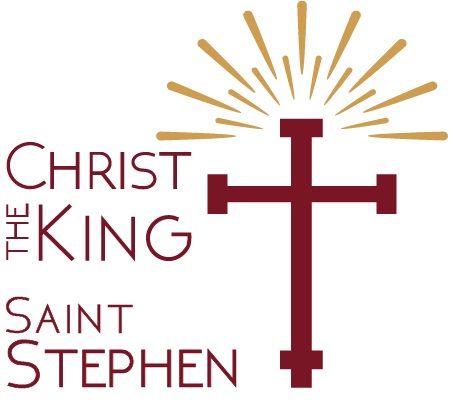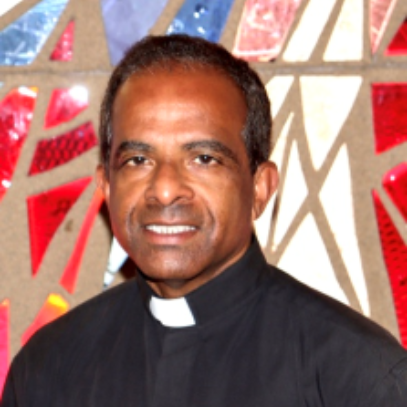Dear Friends,
Many of our children are preparing themselves for the sacrament of First Reconciliation. I had the opportunity to address their parents on the importance of this moment in the lives of their families. I want to share with you a part of my conversation with them.
“Almost 50 years ago, Dr. Karl Menninger raised a concern for both psychiatrists and religious leaders. His book, Whatever Became of Sin?, noted that our understanding of the sins which caused us to need healing and forgiveness had passed over to something outside of oneself, the famed excuse that “the Devil made me do it.” Personal responsibility was lost; victimhood took its place. Half a century later, his book still stands as a challenge to our own contemporary world.”
“In Catholic circles in the wake of the Second Vatican Council, patterns of regular confession that were once in abundance began to fade. And that raises a similar question: Whatever became of confession? While frequent confession became a thing of the past, Catholics continued to receive Communion. A traditionally minded Catholic response was that people treated Communion lightly, and their moral consciences were badly distorted. Those on the other end of the spectrum saw Communion itself as the healing remedy. It did not require confession to prepare for it.” (Taken from America Magazine).
“Why confess your sins to a priest when you can just confess them straight to God?” At one time or another, most Catholics have heard this objection from their Protestant friends. We may have even heard it from a fellow Catholic who doesn’t understand the importance of the Sacrament of Reconciliation.
A group of friends brought a paralytic on a stretcher to Jesus so that He could touch and heal him. And when

